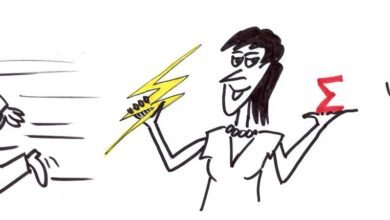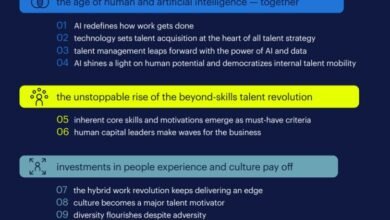Why some biologists and ecologists think social media is a risk to humanity
One challenge is how little we know about the dangers

Source | www-vox-com.cdn.ampproject.org |
Social media has drastically restructured the way we communicate in an incredibly short period of time. We can discover, “Like,” click on, and share information faster than ever before, guided by algorithms most of us don’t quite understand.
And while some social scientists, journalists, and activists have been raising concerns about how this is affecting our democracy, mental health, and relationships, we haven’t seen biologists and ecologists weighing in as much.
That’s changed with a new paper published in the prestigious science journal PNAS earlier this month, titled “Stewardship of global collective behavior.”
Seventeen researchers who specialize in widely different fields, from climate science to philosophy, make the case that academics should treat the study of technology’s large-scale impact on society as a “crisis discipline.” A crisis discipline is a field in which scientists across different fields work quickly to address an urgent societal problem — like how conservation biology tries to protect endangered species or climate science research aims to stop global warming.
The paper argues that our lack of understanding about the collective behavioral effects of new technology is a danger to democracy and scientific progress. For example, the paper says that tech companies have “fumbled their way through the ongoing coronavirus pandemic, unable to stem the ‘infodemic’ of misinformation” that has hindered widespread acceptance of masks and vaccines. The authors warn that if left misunderstood and unchecked, we could see unintended consequences of new technology contributing to phenomena such as “election tampering, disease, violent extremism, famine, racism, and war.”






